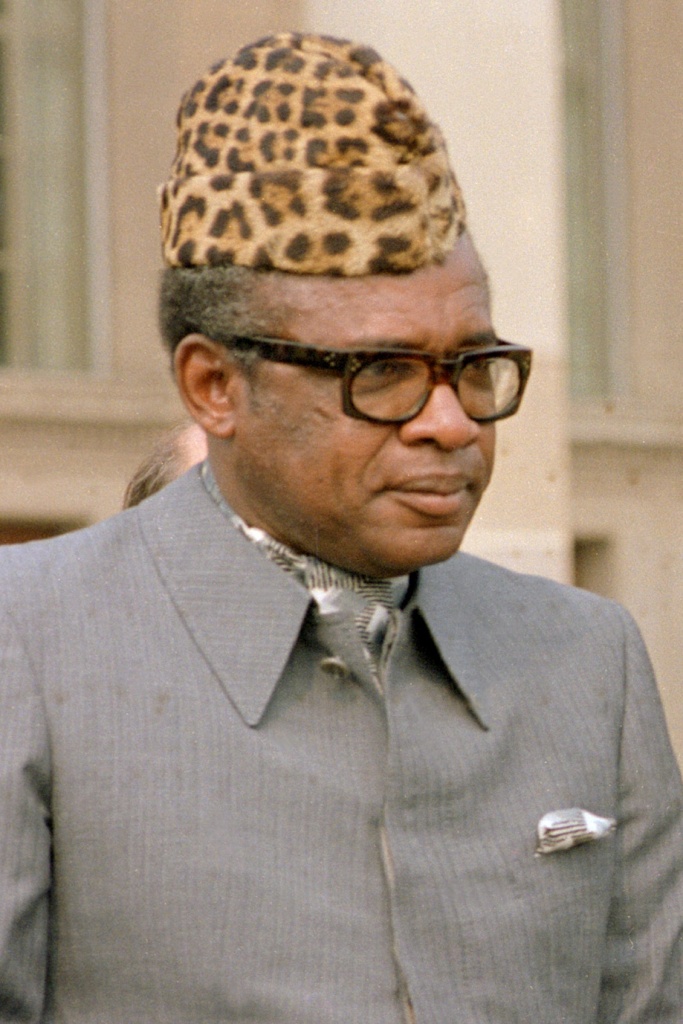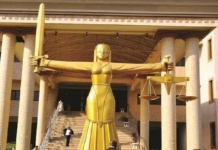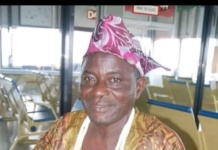


By Olakunle Agboola – Democracy is not a single approach but rather a commitment to certain institutions such as the rule of law, civil society and political accountability through free and fair elections by an electorate based on universal suffrage. It also includes (to a varying degree) freedom of speech, the development of a civic culture and the acceptance of a social contract.
At the Berlin Conference, European powers carved up the map of Africa without regard for the integrity of existing cultural groups and state systems. As a consequence, some large ethnic groups were split up, while others with little in common or a history of warfare and enmity, were forced to be part of a single new state. With it, the colonial powers also created a class system based on race and ethnicity laying a foundation for social pressures. Quite often ethnic groups hold power at the expense of other ethnic tribes, neglecting the democratic principle of participation. This led to dramatic cases of increased ethnic hatred directly linked to multiparty elections.
Burundi is a telling example. The country has a history of open ethnic conflict and had been dominated since independence by the Tutsi minority. Multiparty democratic elections inevitably handed power to a Hutu party. Tutsi officers who controlled the army did not accept the defeat. They staged a military coup that led to the massacre of the elected President, many cabinet officers and thousands of civilians, leaving the country on the verge of genocidal conflict. However, in some countries, greater decentralisation or a fairer distribution of power helped in dealing with ethnic rivalries.
The future political development of a country depends on the trust of the population in an honest and efficient government and in the economic success of their state. Two obstacles to obtaining the trust of the citizenry and security for democracy are inefficient economic performance and corruption. Severe economic problems play a central part in political instability, restraining the transition towards democracy and the progress of democratic structures.
A survey by Afrobarometer in South Africa shows that 47 % of the population considers democracy to be the best form of government, while 43 % favour strong, non-elected leader, suggesting the absence of a critical mass of democrats. Currently, social problems such as refugee migration, debt, illiteracy, unemployment, inflation and missing infrastructure seem to be more pressing than the transformation to democracy. Where resources are scarce, the priority of political contestation is to secure economic consumption, not democratic structures.
Corruption is a prevailing dose that has dwarfed Africa of ethical democratic structures. Many African governments can be described as extractive, withdrawing social wealth from the population and exploiting the country’s social and mineral endowment for the benefit of the elite and foreign corporations. Zaire with its `kleptocratic´ regime under President Mobutu is a typical example. Mobutu came to power in 1965, he and his bureaucracy seized property, collected bribes from entrepreneurs to be able to import goods, charged enormous official and unofficial taxes while local officials even stole the livestock of peasants. Mobutu formed a totalitarian regime and purged the country of all colonial cultural influence, while he enjoyed considerable support from the West and China.
The revenues of the state mining company were looted instead of being spent on community goods like transportation, communication, education or health care. Mobutu himself was able to accumulate a fortune of $5 – $8 billion without being charged. The widespread nature of corruption constitutes therefore a real impediment to African democracy. Instead of developing the necessary level of trust towards its governors to establish real democratic structures, the African people feel frustrated and betrayed by its authorities and their arrangements of power.
The political institutions by many African countries are a big impediment to democratic ethos in Africa. Majority of the leaders who are graced to take a lead are more concerned about winning an election than to have a proper plan for the future generation.
The ongoing drama around Niger delta development commission (NDDC) corruption in Nigeria is evidence that Africa has a long way to go putting an end to flaming corruption. The system has become more of business terrain cornered by the elite for their personal interest. It will take a fine tuned energy to have African leaders who aren’t worried about the next election, but the next generation. This is a big call for what is right through democratic government to foster peace and unity for African nations to grow into a beautiful political structure that is strayed from corruption, ethnicity, religious bigotry and bad leadership.

Kindly follow us on twitter:@AfricanVoice2









